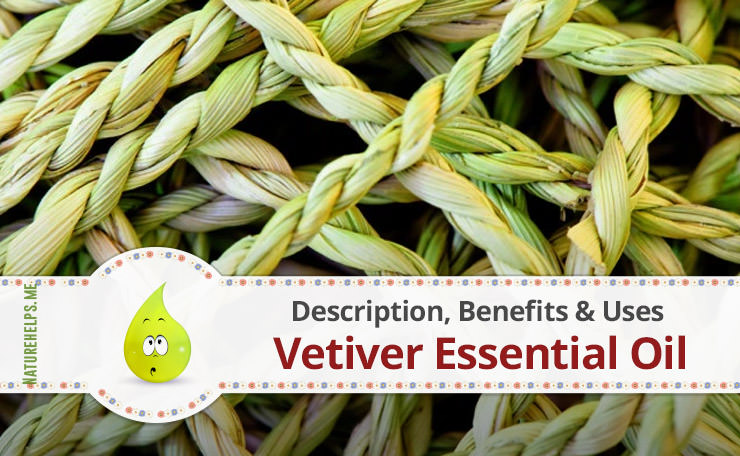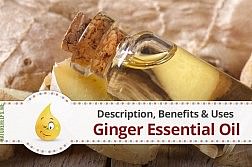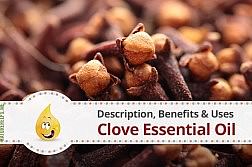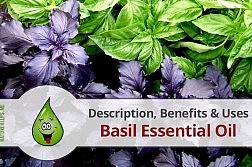Vetiver oil, also known as khus oil, is a lesser-known plant oil that offers a heavy, earthy fragrance, which is reminiscent of patchouli but with a touch of lemon.
Vetiver herb and its essential oil have been in use in many cultures across the globe for thousands of years together. The massive use of this sacred herb is often attributed to its uplifting, soothing, healing, calming and shielding properties.
Vetiver essential oil is produced using the roots of a grass known as Vetiveria zizanioides, a thick clumping perennial grass indigenous to tropical regions. Originally from India, Vetiver is now being grown in other parts of the world such as Angola, Argentina, Brazil, China, and Japan for the purpose of extracting its oil.
These days, vetiver essential oil is utilized extensively in the perfume industry. Traditionally it has been used for its scent in India for many years. As well as being used for aromatic and aromatherapy purposes, vetiver essential oil has a long history of use in Ayurvedic medicine.
Vetiver essential oil has a rich and earthy fragrance and is primarily used for its deeply grounding properties which promote calm, rest and a peaceful sleep. Besides its ability to calm the mind, vetiver essential oil is also used as an antiseptic, antispasmodic and to stimulate the immune and circulatory systems.
Health Benefits of Vetiver
Vetiver Oil to Get Rid of Nervous Disorders. Vetiver essential oil is extremely beneficial for your nerves. It improves nerve function and even repairs any damage done due to fear, shock and stress. The oil also helps you get rid of nervous disorders, as well as hysteric and epileptic attacks. It proves beneficial in treating neurotic disorders such as Parkinson’s disease.
Prevent Acne & Stretch Marks with Vetiver. It is a cicatrisant, meaning it heals scars by promoting the regeneration of skin and tissue. It rejuvenates the skin and removes dark spots or signs of acne and pox. It’s also an anti-aging oil and effectively treats stretch marks, cracks and other skin disorders. Plus, it works as a home remedy for burn relief as well as a home remedy for acne. This can be effective for women who have stretch marks after childbirth.
Vetiver Oil to Treat Wounds. Due to its antiseptic properties, vetiver essential oil is effective in combating bacteria in wounds. It also encourages the growth of new tissues and protects infected areas from harmful microbes. Its cell regeneration properties make it an effective remedy for treating stretch marks, burns and scars.
Anti-inflammatory Properties of Vetiver. Vetiver essential oil can help to provide relief from a variety of inflammatory complaints. Vetiver oil cools and soothes and can be applied topically to ease inflammation of the joints and the skin and is especially useful to those with rheumatoid arthritis and skin inflammation caused by wind and sunstroke. It is also beneficial in easing inflammation of the nervous and circulatory systems.
Vetiver as Aphrodisiac. It creates an aphrodisiac effect. It can help enhance the libido and awaken sexual feelings, making it a potent treatment for sexual disorders such as Hypoactive sexual desire disorder and impotence. It works by simply stimulating portions of the brain responsible for sexual desire.
Contraindications in Usage of Vetiver Oil
Although vetiver oil is quite safe and touted as non-sensitizing, non-irritation and non-toxic oil, you should still keep a few important things in mind before using it. For starters, avoid using it on children or talk to your doctor about it. If you’re pregnant, you should not use vetiver oil because it may cause miscarriage. It is also a good idea to do a patch test to test for skin sensitivity before applying it on your skin. Be sure to use carrier oil, such as coconut oil to dilute vetiver oil to avoid facing any negative effects. Avoid contact with inner ears, eyes and other sensitive areas.
Blends well with: clary sage, lavender, rose, sandalwood, ylang ylang.




